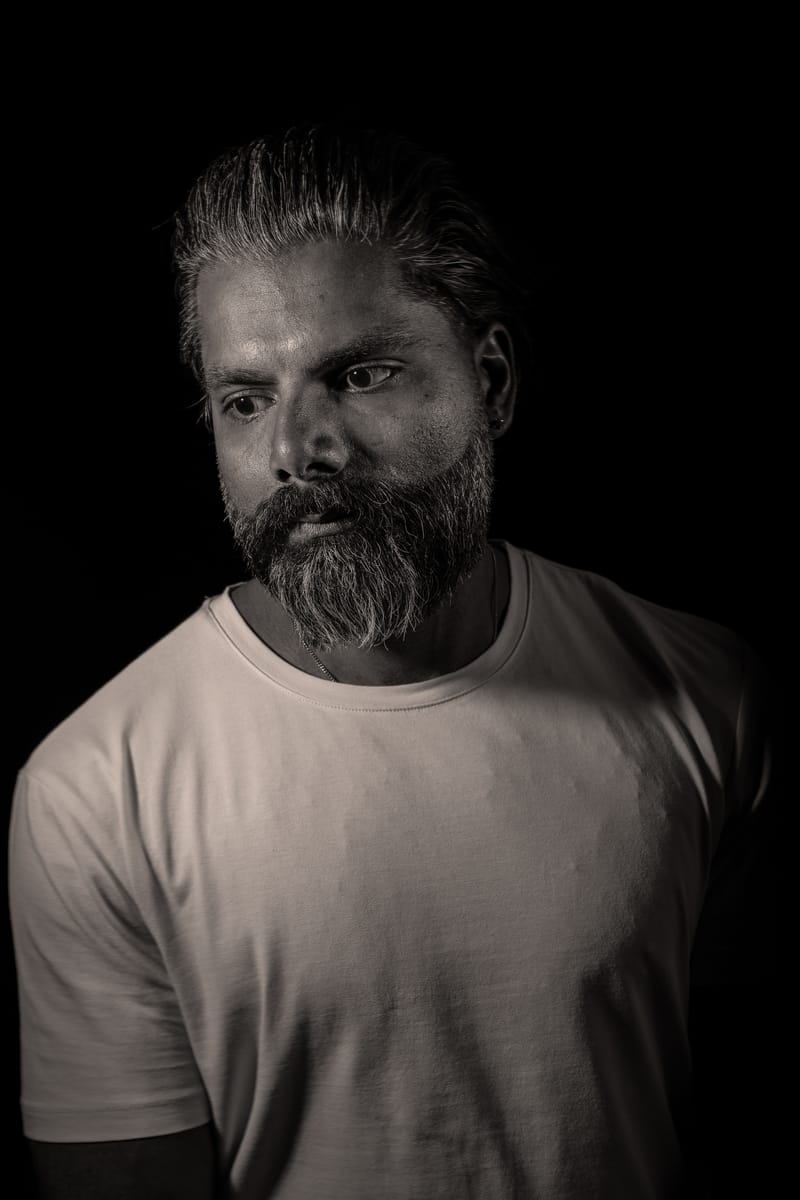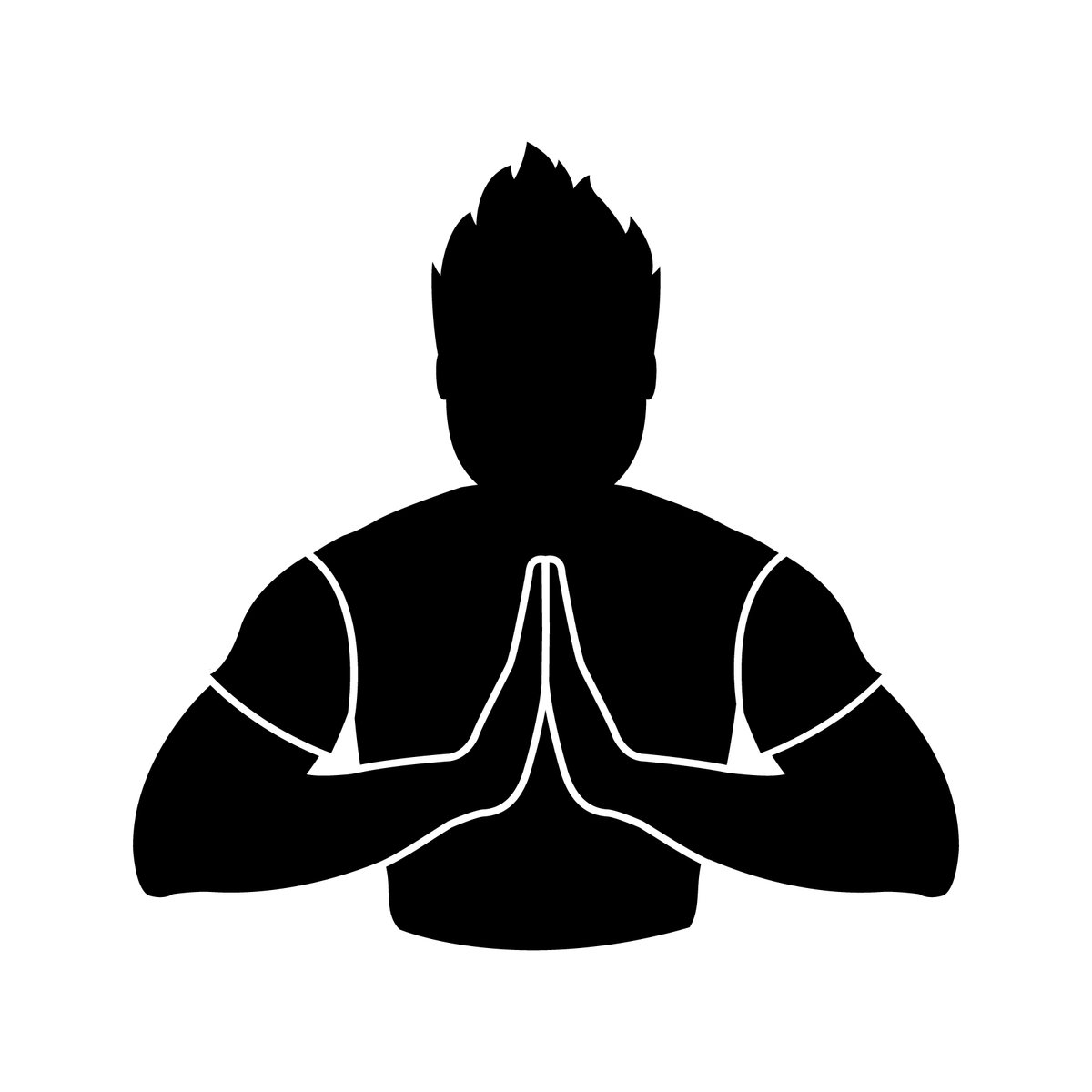What Will You Do?
In last week’s episode of EZ Conversations, I had an insightful discussion with Ari Block 🎗️ and we explored the role of moral agency (Listen Here)—especially in today’s world—and what is required for a genuine shift in consciousness. The foundation of our dialogue rested on the propaganda and persuasive narratives that saturate our digital environments. The technological revolution, while extraordinary in its capacity to connect humanity, has also come at a cost: the quiet erosion of critical thinking and discernment.
Ari and I examined the intersection of humanity and technology, particularly the ethical challenges emerging from the rapid expansion of artificial intelligence (AI). While I leaned toward an optimistic perspective—believing that awareness and responsibility can steer us toward better outcomes—Ari often played the devil’s advocate, highlighting the darker undercurrents of manipulation, apathy, and moral disengagement.
Our conversation ultimately converged on one essential truth: we all have agency. We are not helpless observers in the systems we inhabit. Whether the issue is media distortion, social polarization, or the misuse of technology, we retain the power to choose—to respond consciously rather than react impulsively. Even when the outlook appears grim, our free will remains intact. The challenge is to exercise it with integrity.
Self-Mastery as the Root of Moral Agency
As I reflected on my conversation with Ari throughout the week, I had the opportunity to speak to a group of university students grappling with similar questions: How do we find meaning in a world that feels unjust? How do we manage the anxiety that comes from worrying about what we cannot control?
My message to them was simple—yet profoundly difficult in practice: start with yourself.
Self-mastery is not about dominance or control over one’s emotions; rather, it is about cultivating inner awareness, discipline, and balance in a way that aligns with one’s deepest values. The Greek philosopher Epictetus once said, “No man is free who is not master of himself.” This sentiment also resonates in modern psychology, particularly in theories of self-determination and self-regulation, which emphasize autonomy, competence, and purpose as essential components of psychological health (Deci & Ryan, 2000).
When we practice self-mastery—through mindfulness, emotional regulation, and value-driven behaviour—we strengthen our executive control networks, improving resilience, focus, and ethical decision-making (Tang et al., 2015; Duckworth et al., 2019). Neuroscientific studies show that deliberate self-reflection activates the default mode network (DMN)—a region associated with self-referential thought and empathy—suggesting that disciplined introspection enhances not only self-understanding but also moral reasoning (Immordino-Yang et al., 2012).
This is where influence replaces control. When we obsess over controlling external outcomes, we become prisoners of frustration. But when we focus on cultivating inner mastery—our thoughts, emotions, and choices—we create the foundation for authentic influence. Our energy expands outward, shaping how we present ourselves to our families, friends, and the broader community. The Stoics referred to this as the circle of influence, and modern leadership psychology echoes a similar concept: personal congruence amplifies collective impact (Covey, 1989; Boyatzis, 2018).
From Anxiety to Agency
Anxiety often arises when we feel powerless in the face of uncertainty. But as Viktor Frankl (1946) observed, even in the harshest conditions, “everything can be taken from a man but one thing: the last of human freedoms—to choose one’s attitude in any given set of circumstances.” That is the essence of agency—to act with intention rather than being swept away by external chaos.
Psychological research supports this: people who perceive a greater sense of personal control report higher well-being, lower stress, and greater meaning in life (Bandura, 2001; Seligman, 2011). Self-mastery, then, becomes the antidote to despair. It transforms anxiety into action, confusion into clarity, and helplessness into purpose.
The Call to Action
So, what will you do? Will you be a passive consumer of narratives shaped by others, or an active participant in shaping your own?
The world does not change solely because of grand revolutions—it shifts because individuals choose to master themselves, act with integrity, and inspire those around them through their example.
Every act of self-discipline, every moment of reflection, every choice to act ethically rather than expediently—these are the small revolutions that ripple outward.
Self-mastery is not perfection. It is presence. And from presence, we regain our power to change what truly matters.
References
Bandura, A. (2001). Social cognitive theory: An agentic perspective. Annual Review of Psychology, 52(1), 1–26.
Boyatzis, R. E. (2018). The competent manager: A model for effective performance. Wiley.
Covey, S. R. (1989). The 7 Habits of Highly Effective People. Simon & Schuster.
Deci, E. L., & Ryan, R. M. (2000). The "what" and "why" of goal pursuits: Human needs and the self-determination of behavior. Psychological Inquiry, 11(4), 227–268.
Duckworth, A. L., Gendler, T. S., & Gross, J. J. (2019). Self-control in school-age children. Educational Psychologist, 54(3), 199–217.
Frankl, V. E. (1946). Man’s Search for Meaning. Beacon Press.
Immordino-Yang, M. H., Christodoulou, J. A., & Singh, V. (2012). Rest is not idleness: Reflection is critical for development and well-being. Perspectives on Psychological Science, 7(4), 352–364.
Seligman, M. E. P. (2011). Flourish: A visionary new understanding of happiness and well-being. Free Press.
Tang, Y.-Y., Hölzel, B. K., & Posner, M. I. (2015). The neuroscience of mindfulness meditation. Nature Reviews Neuroscience, 16(4), 213–225.

A snippet of the Episode
Head to YouTube for the full episode. Or Subscribe below:
What people are saying about the podcast:

Quote of the Week:
"He who fights with monsters might take care lest he thereby become a monster. And when you gaze long into an abyss, the abyss also gazes into you"
Sponsors
Still up? Still scrolling? It’s time to turn off.
From the team behind AG1 and AGZ...
Tired of tossing, turning, and scrolling? Pick up the phone.
1-855-TURN-OFF is the first all-night hotline designed to turn you off.
It's simple: dial in, press a button, and hear the sweet science behind AGZ whispered directly in your ear. From magnesium for sleep support, to adaptogens for stress, to L-theanine for relaxation - every call leads to better rest.*
What are you waiting for? Click here for a toll-free and melatonin-free time.
* These statements have not been evaluated by the Food and Drug Administration.
Still up? Still scrolling? It's time to turn off.
Tired of tossing, turning, and scrolling
From team behind AG1, 1-855-TURN-OFF is the first all-night hotline designed to turn you off.
It's simple: dial in, press a button, and hear the sweet science behind AGZ whispered directly in your ear.
Click here for a toll-free and melatonin-free time.
* These statements have not been evaluated by the Food and Drug Administration.
Subscribe to the Podcast and Newsletter
Looking to build your own Newsletter?
Follow my personalized link to get 20% off all Beehiiv plans:





